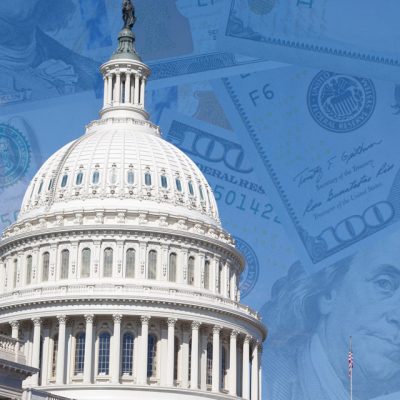UnitedHealth Could Add Individual Policies Aimed at HRA Market: CEO
Earnings
UnitedHealth as a whole is reporting $3.6 billion in net income for the quarter on $60 billion in revenue, up from $3.3 billion in net income on $57 billion in revenue for the third quarter of 2018. The company's UnitedHealthcare health insurance unit reported $2.7 billion in operating earnings on $48 billion in revenue, up from $2.6 billion in operating earnings on $46 billion in revenue for the year-earlier quarter. The company ended the quarter providing or administering health coverage for 49 million people, up just slightly from the number the company was covering a year earlier. Commercial insured and administrative-services-only enrollment increased to 28 million, from 27 million.
The HRA Opportunity
In the past, the Obama administration discouraged use of HRAs to pay for individual coverage, in part because of concerns that HRA "buy your own coverage" programs would destabilize the true group market. Under President Donald Trump, regulators have loosened restrictions on "individual coverage HRAs." "We're supportive of the expansion of the HRA and the ways in which they're used broadly," Wichmann said, during a conference call UnitedHealth held to discuss its earnings with analysts. "We think that offering a wider set of affordable options for consumers in America is essential." UnitedHealth prefers the idea of individual coverage HRA-based programs over the high-priced Affordable Care Act public exchange program plans that are out there today, Wichmann said. Wichmann said he suspects there may be some migration towards more individual offerings. "I think our company is well-positioned to be able to offer affordable coverages for people in the commercial individual space," Wichmann said. "That's part of the reason why we've spent so much effort over the course of the last 18 months really fortifying our offerings, as well as ensuring that the distribution systems are effectively aligned to be able to drive growth and value for the people we serve." In recent years, UnitedHealth and other carriers have benefited from rapid expansion in state managed Medicaid plan programs. Today, however, as Medicaid expands, "it becomes even a larger line item on the budgets of individual states," Wichmann said. "It's something that needs to be persistently managed."
Resources
A link to the exhibit that provides UnitedHealth's latest earnings is available here.
— Read We're the Ones Actually Improving Health Care: UnitedHealth, on ThinkAdvisor. — Connect with ThinkAdvisor Life/Health on Facebook, LinkedIn and Twitter.© Touchpoint Markets, All Rights Reserved. Request academic re-use from www.copyright.com. All other uses, submit a request to [email protected]. For more inforrmation visit Asset & Logo Licensing.
Featured Resources
View All
Sponsored by Axos Advisor Services
Integrated Banking Solutions: How To Enhance Client Services and Grow Your Business

Sponsored by Optifino
Three Macro Trends Impacting Long-Term Care: Trends, Solutions & Client Conversations

Sponsored by Vanilla
The Missing Piece: Why Advisors Who Skip Estate Planning are Failing Their Clients

Sponsored by Manulife John Hancock Investments
Staying Patient and Positioned for Opportunity in the Bond Market






